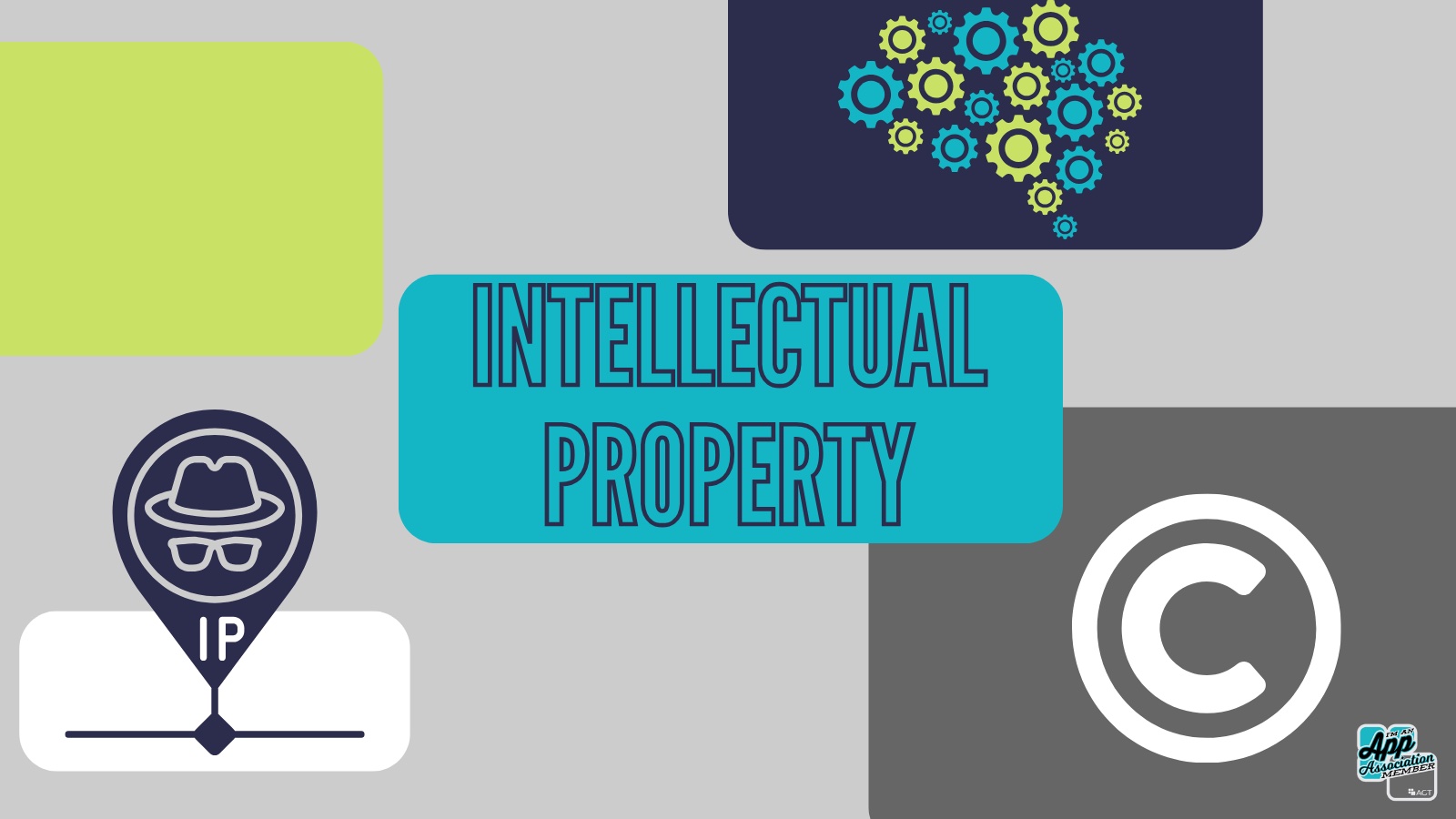On 27 April 2023, the European Commission, backed by the European Parliament and Council, unveiled the EU SEP Regulation, a new proposal on standard–essential patents (SEPs). As long-time advocates for small and medium-sized enterprises (SMEs) in the SEPs space, ACT | The App Association is excited to see the EC and Member States supporting a transparent, reliable, and balanced landscape for the EU economy on SEP licensing issues in this new regulation.
Making SEPs FRANDly
Technical standards for areas such as wireless communication and digital media compressionenable efficiency and interoperability. These standards can, and often do, include patented technologies that are claimed as essential to the use of the standard. When a claim of essentiality is true, a license for that patented technology is required to use the technical standard at all.
To facilitate the development of standardised technologies, the SEP licensing process should be a system that rewards innovators and prevents big patent holders from unfairly abusing their position as gatekeepers. This is why standard development organizations (SDOs) require patent holders to voluntarily agree to license their patents on fair, reasonable, and non-discriminatory (FRAND) terms in exchange for access to a bigger market of standards users.
Unfortunately, innovators from across the EU have long experienced SEP licensing abuses thanks to patent holders exploiting unclear definitions of FRAND in both EU law and SDO patentpolicies. These actions favour a few companies looking to make money from SEPs, holding back many industries trying to go digital and leverage the Internet of things (IoT) ecosystem.
As too many App Association members know, the effects of SEP abuse are most acutely felt by SMEs that encounter high burdens to enter a market. While the EU has been monitoring this issue, nothing made it more apparent than the recent UK court case InterDigital v. Lenovo. This case detailed how a prominent SEP holder, InterDigital Technology Corporation, regularly insists on supra-FRAND terms in licensing SEPs to less experienced and under-resourced SMEs, only to then approach larger companies with deeper pockets with those distorted rates. This scenario illustrates why a transparent and balanced SEP licensing ecosystem is necessary.
ACTing with the EU
The EC has closely examined the EU’s SEP licensing system and its issues. Based on their findings, they’ve proposed a new set of rules to:
1) identify recognized principles related to the FRAND licensing of SEPs, further clarifying fair licensing practices,
2) remove disproportionate barriers to innovation for SMEs, making it easier for them to innovate,
3) appoint the European Union Intellectual Property Office (EUIPO), with guidance fromindependent experts to facilitate mechanisms that assist fair SEP licensing negotiations, helping ensure FRAND licensing discussions.
The updated rules also introduce a system allowing SMEs to accurately determine which SEPs are essential for them to innovate, reducing the chances of overstating the necessity of certain SEPs. Additionally, the regulation outlines a process to determine a reasonable pricing rate for SEPs covering the same standard, streamlining the resolution of pricing disputes. These measures aim to deter SEP owners from taking undue legal actions against those merely attempting to ascertain the fairness of the licensing terms. We’re excited to support these efforts, including benefits like reduced fees, support programs, and a go-to public database with essential info for negotiations. All these steps pave the way for easier access to standards and fostering innovation.
The App Association, along with our members, has actively been involved in shaping these new rules through the policymaking process and appreciates the EC’s focus on supporting SME community we represent. Most recently, we provided feedback on the proposed SEP rules to the EC where we highlighted a common issue that SMEs face in this space: resources. So many SMEs operate with fewer resources than their big tech counterparts, leading to gaps in necessary information to help make informed decisions in a SEP licensing negotiation, further exploiting the SME community.
In addition to filing comments to the EC’s consultation on the EU SEP Regulation, in response to numerous requests for input, we have submitted consistent written comments to a range of EU Member States:
Beyond our written feedback, the App Association continues to hold meetings with the European Commission, European Parliament, and EU Member States to discuss our SME members’ perspective on the proposed regulation. We are also working with other industry stakeholders, consumer groups, academics, and others impacted by this EU proposal to share and elevate SME perspectives on these critical issues.
What’s next?
As the European Union and Member States continue to contemplate whether to advance the proposed EU SEP Regulation, the App Association and its members will continue to strongly advocate for the adoption of the Regulation with our proposed modifications. Next, should the European Commission move forward with a final draft of the Regulation, the Parliament and Council will have to provide approval to implement it into the EU landscape. We will continue to fight for EU implementation of an SEP Regulation that builds a transparent and balanced SEP licensing ecosystem and, ultimately, puts the best IoT products in the hands of EU consumersand workers.
If you are a European company that is impacted by the proposed Regulation and you would liketo join our members sign-on letter to the EU and EU Member States, please reach out to us at[email protected] by October 16, 2023.
